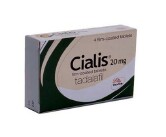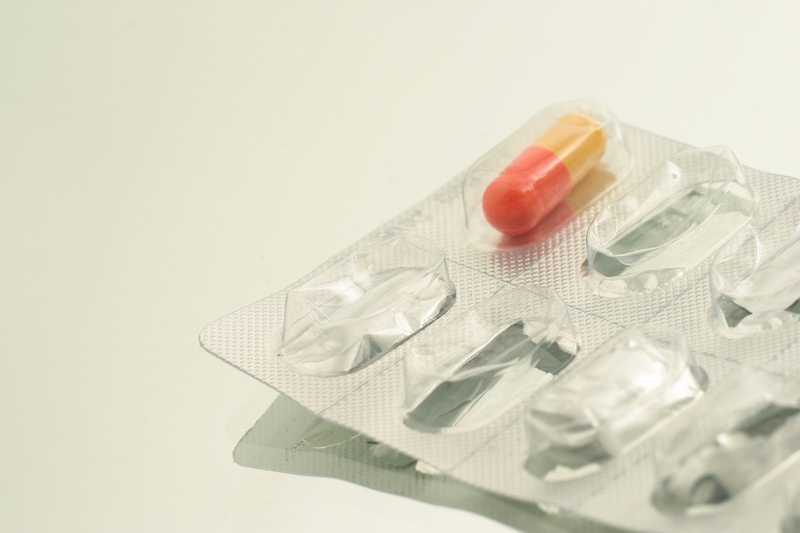
TUESDAY, April 1, 2014 (HealthDay News) — Taking the erectile dysfunction drug Cialis while receiving radiation therapy for prostate cancer doesn’t seem to help men’s sexual function after treatment, a new study finds.
About 40 percent of men undergoing radiation therapy for prostate cancer suffer from erectile dysfunction afterward, according to the study. The researchers wanted to find out whether impotence could be prevented by having patients take Cialis (tadalafil) during the course of treatment.
But there was very little difference in outcome when Cialis was compared to a placebo pill.
“There is no indication to use Cialis in men about to undergo radiotherapy for prostate cancer,” said lead researcher Dr. Thomas Pisansky, a professor of radiation oncology at the Mayo Clinic.
“Cialis should be reserved for the treatment of erectile dysfunction if and when it occurs,” he added.
The report was published April 2 in the Journal of the American Medical Association and partially funded by Eli Lilly & Co., the maker of Cialis. The study also received funding from the U.S. National Cancer Institute.
Dr. David Samadi, chairman of urology at Lenox Hill Hospital, in New York City, said, “Radiotherapy is the most common treatment for prostate cancer, but erectile dysfunction is a common side effect in a large number of patients.”
This study clearly shows that there is no support for use of medications such as Cialis, Viagra and Levitra to prevent erectile dysfunction after radiation therapy, said Samadi, who was not involved with the research.
“All treatments come with side effects, and a good discussion with a urologist and the radiation oncologist about those side effects, upfront, is part of the decision-making process,” Samadi said.
For the study, Pisansky’s team randomly assigned 242 men with prostate cancer to receive daily doses of Cialis or a placebo for 24 weeks, starting when radiation therapy began.
The researchers found that at 28 and 30 weeks after the start of radiation therapy, 79 percent of those who received Cialis maintained erectile function compared with 74 percent of those who received placebo — a difference of 5 percent.
After a year, there was still not a significant difference between the Cialis and placebo groups, with 72 percent of men who took Cialis and 71 percent who took the placebo able to maintain an erection.
Moreover, Cialis was not associated with an improvement in overall sexual function or satisfaction. Likewise, the partners of men who took Cialis saw no significant effect on sexual satisfaction, the researchers noted.
Dr. Bruce Gilbert, director of reproductive and sexual medicine at North Shore LIJ Health System in Great Neck, N.Y., took issue with the study.
“We have a problem in this study. The data that they are looking at is the patient’s subjective response to whether or not their erections are good. We don’t know if the patient had real problems with erections, only what he said about it,” Gilbert said.
The real question boils down to the damage radiation therapy causes. If the damage is to nerves, then drugs like Cialis won’t work because they only affect the blood circulation, Gilbert explained.
“Whether you have radiation or surgery you are going to have some impairment in your erections. When you are treating a cancer, you are treating the cancer. The side effects can be dealt with after,” he said.
Gilbert said that treatments are available. “With sexual function, we can get most people working again,” he said. “We use a variety of medications, possibly injected medications, or other alternatives that we have.”
More information
For more about prostate cancer, visit the American Cancer Society.
Copyright © 2026 HealthDay. All rights reserved.

